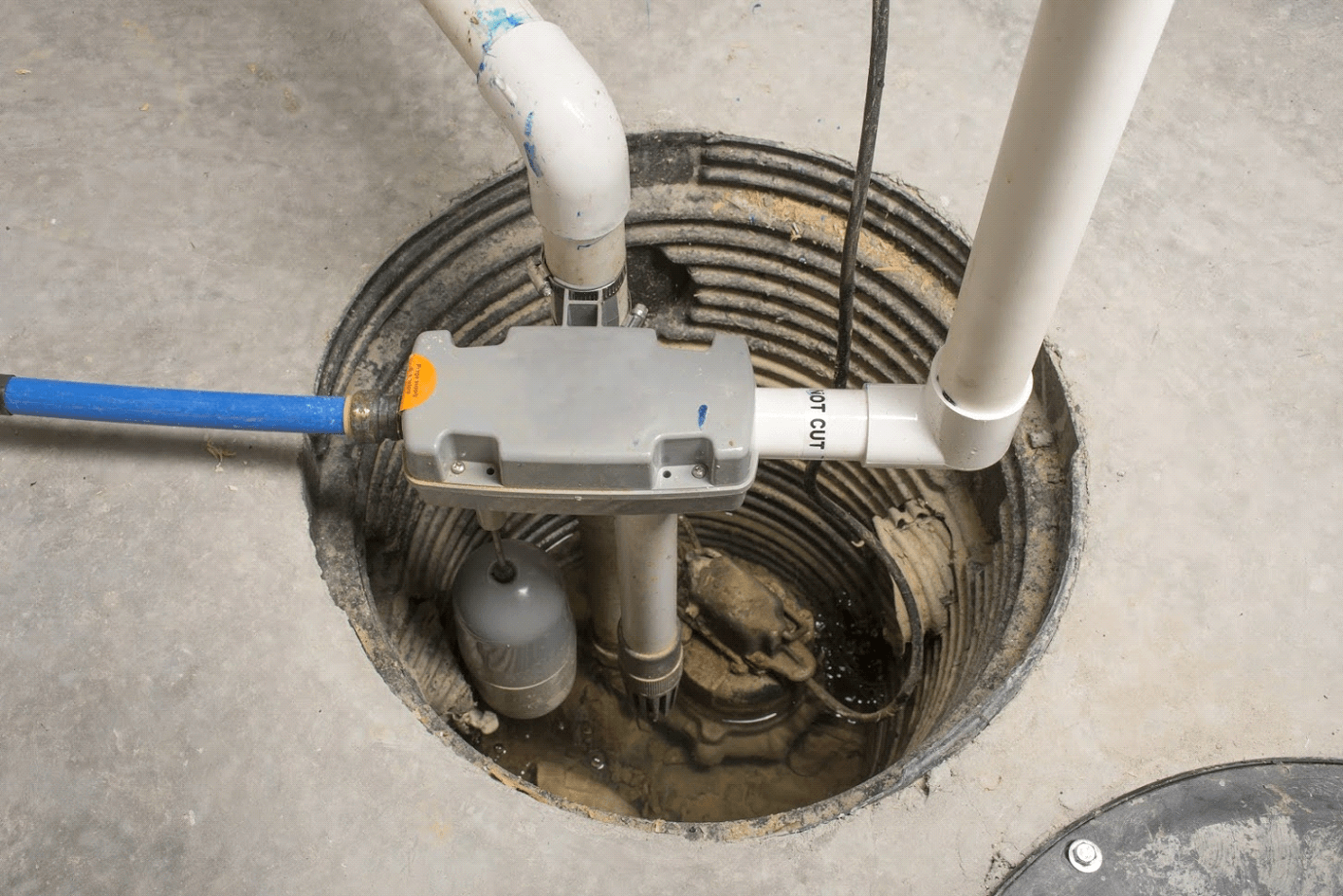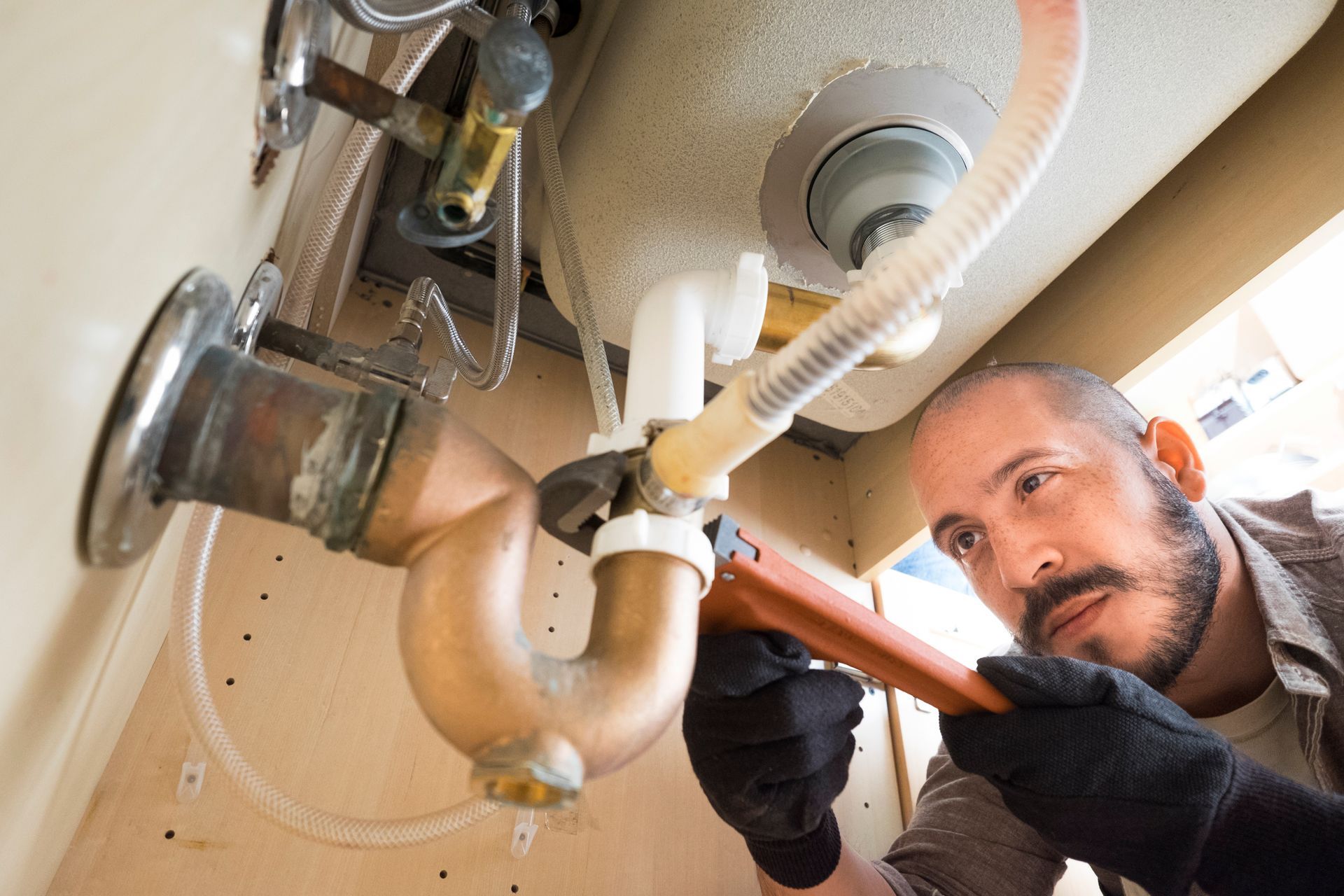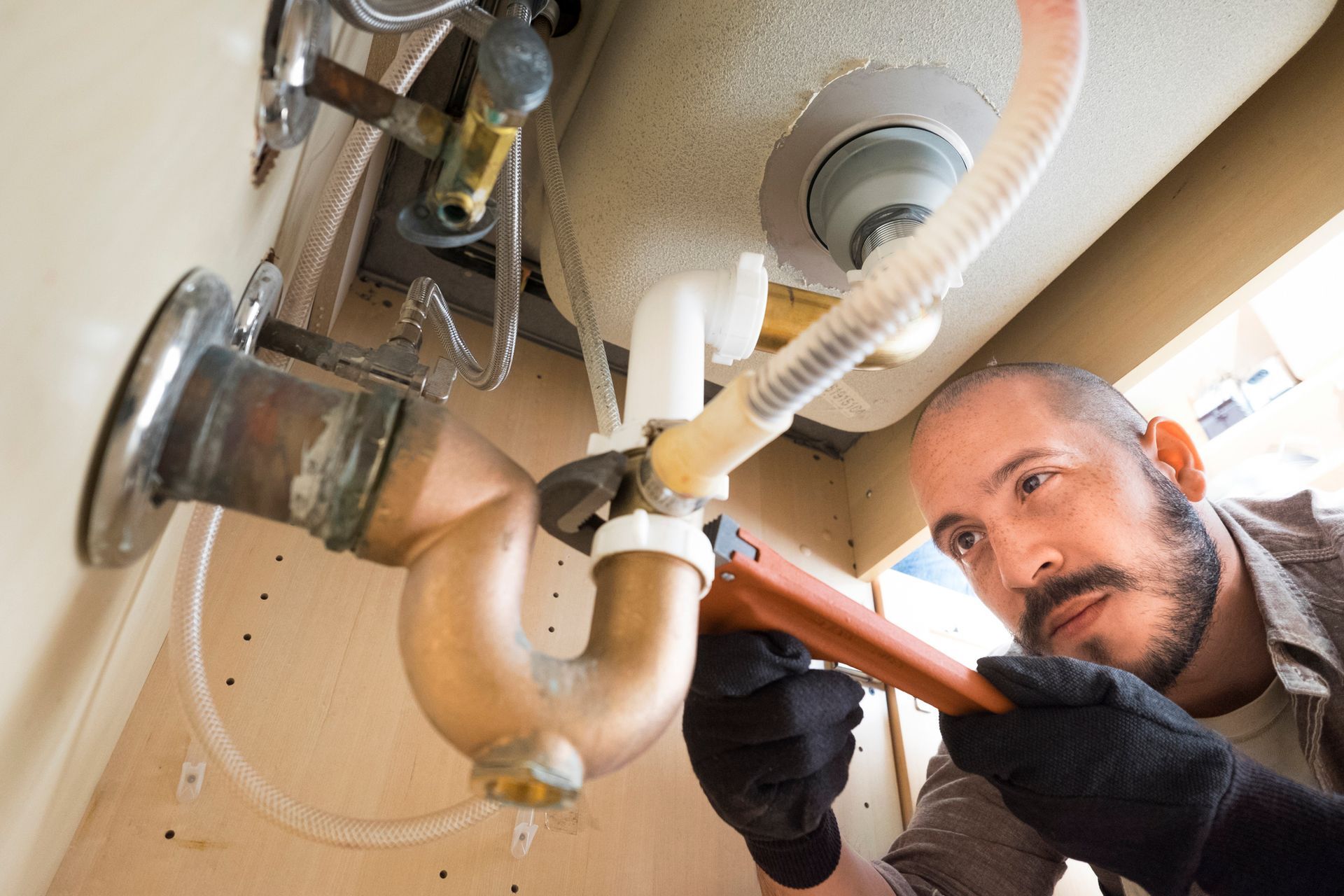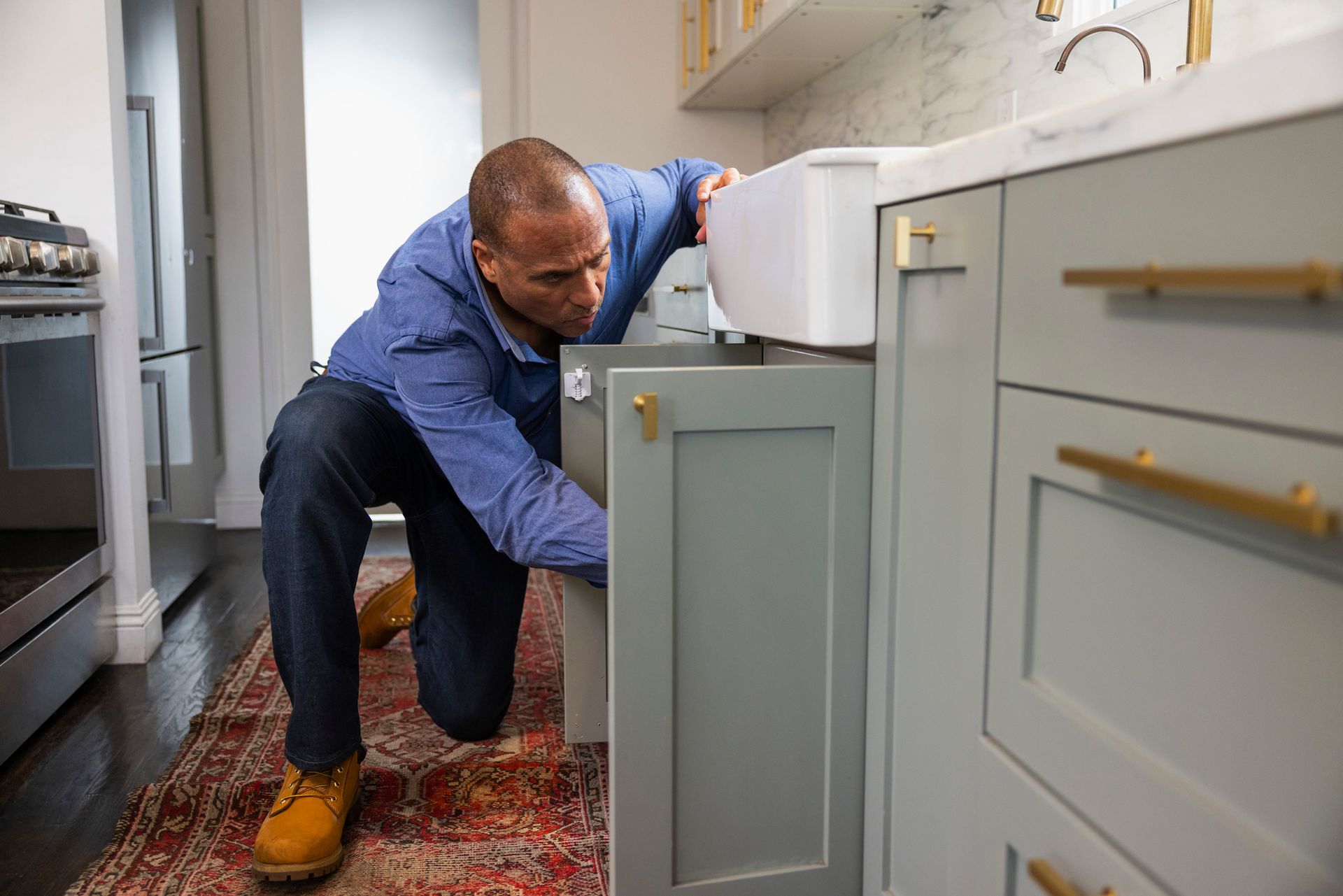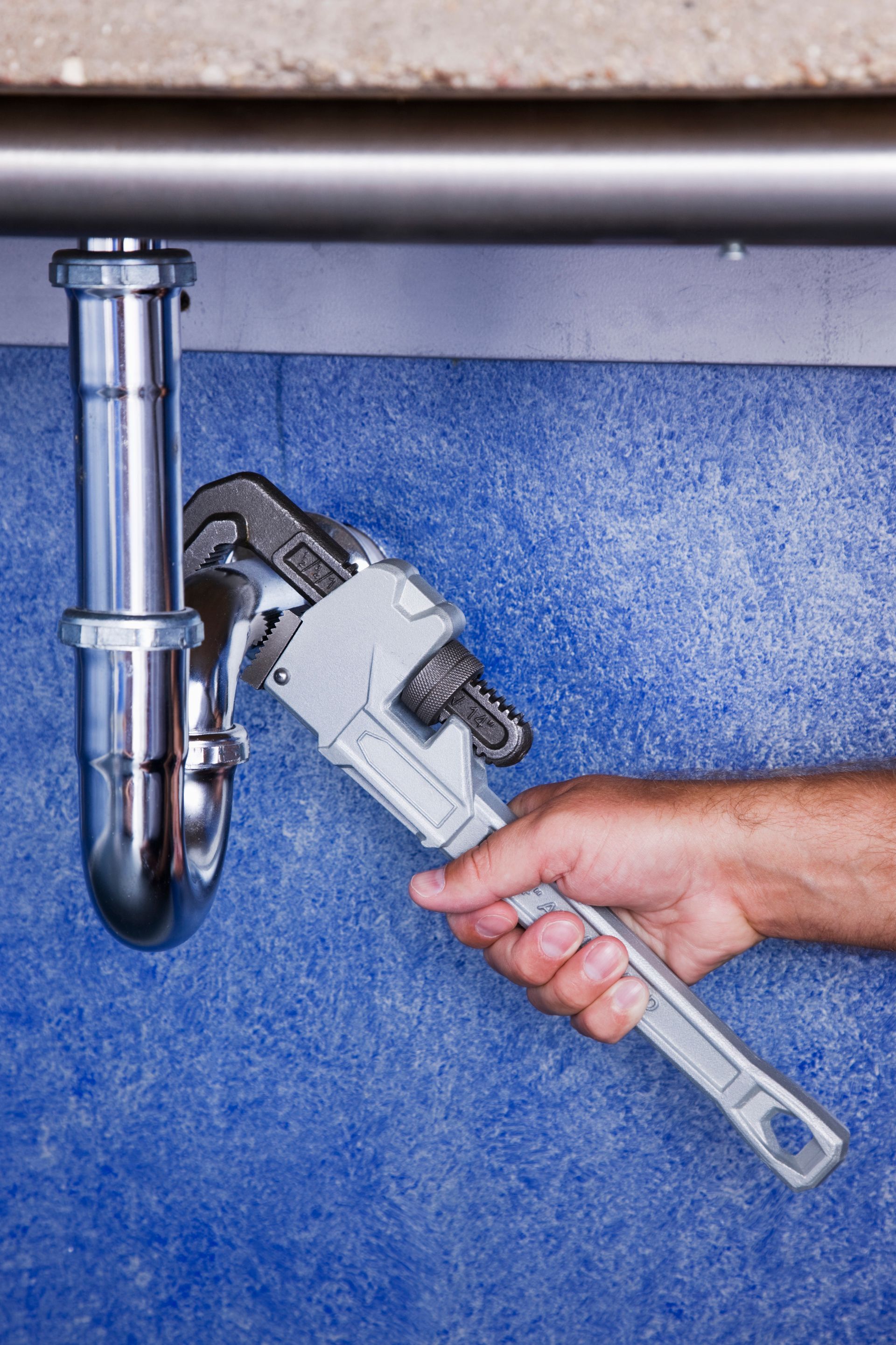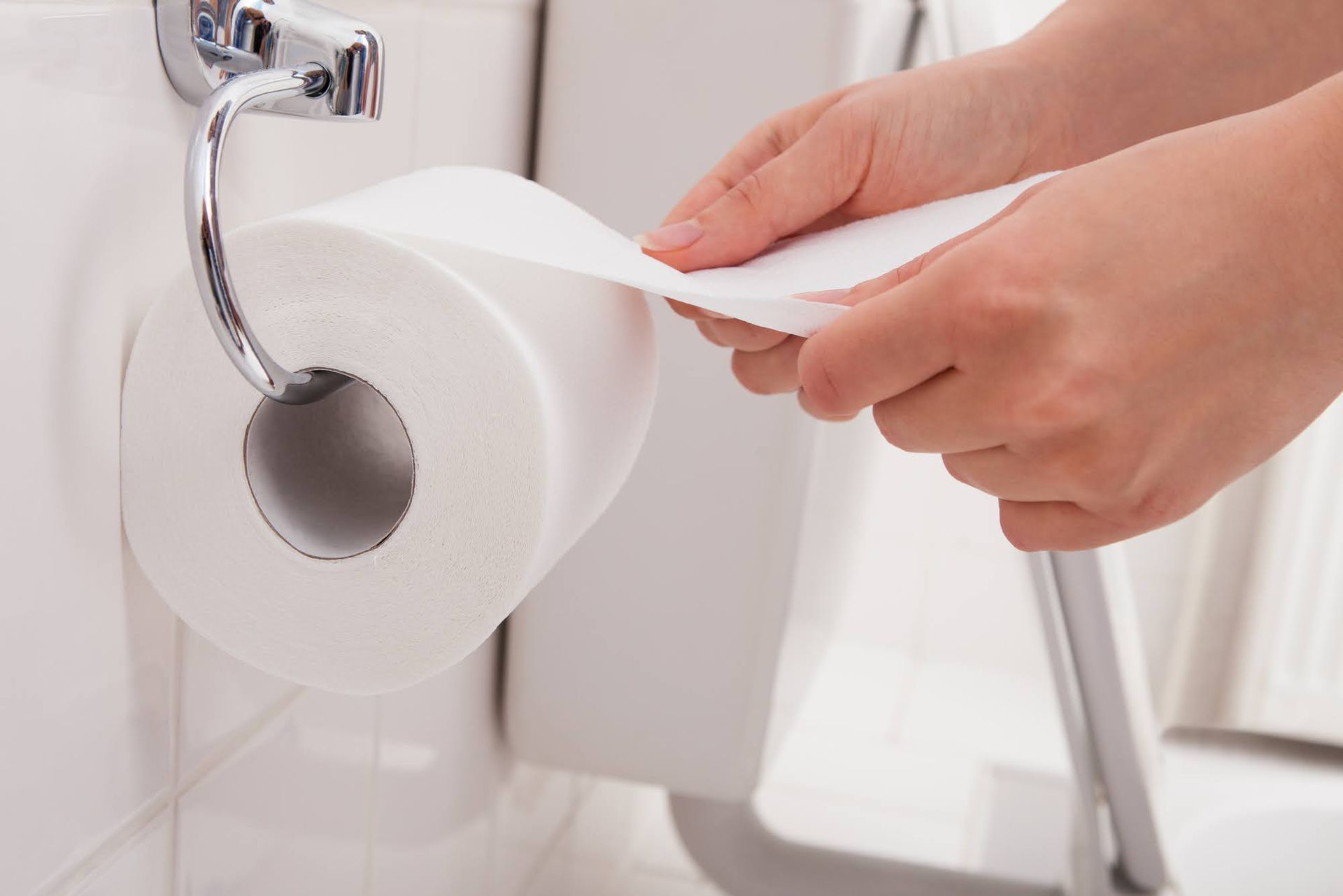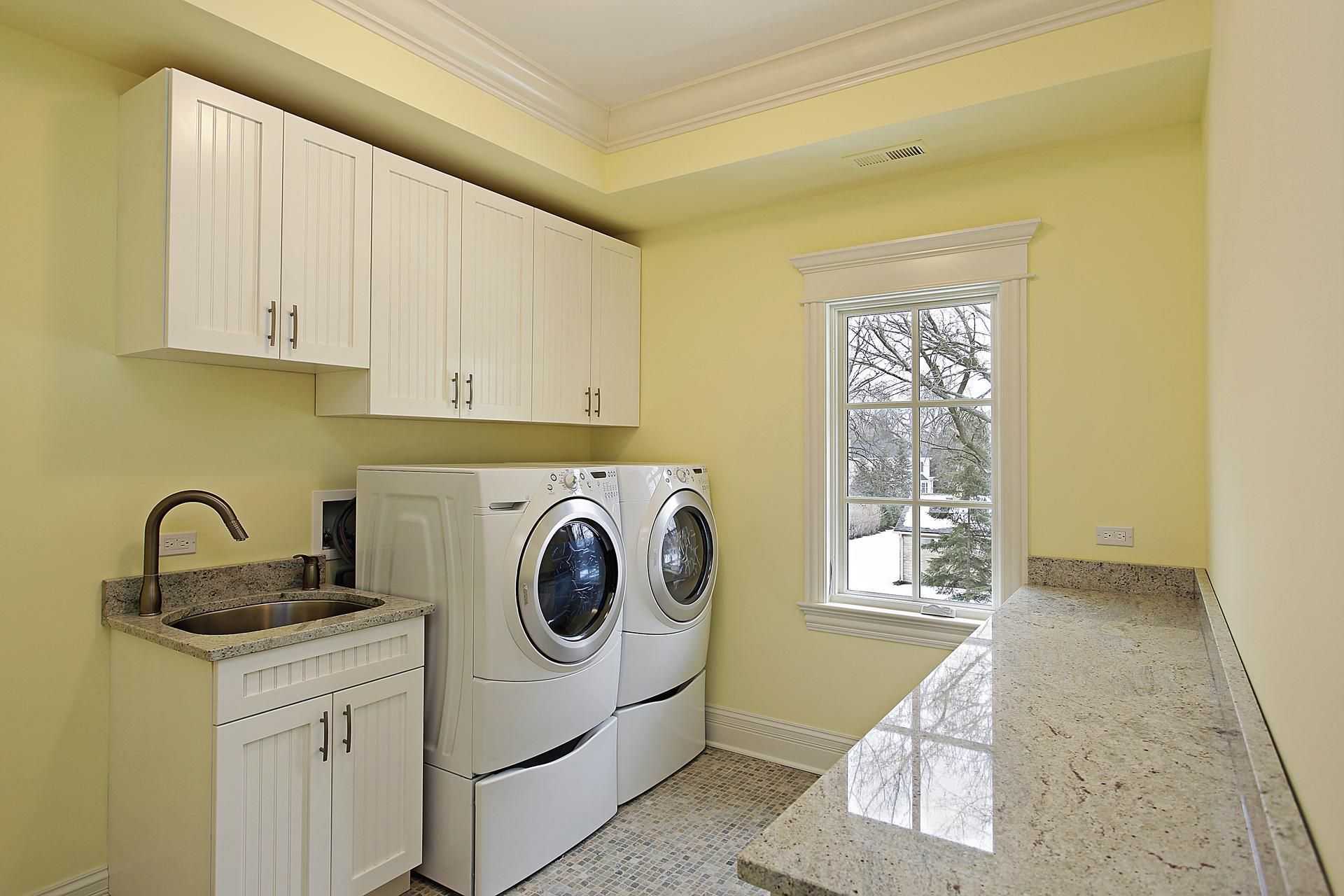Blog
Choose the Best Backup System for Your Basement Sump Pump
The Dayton area isn't exactly known for its mild, arid climate, and power outages from thunderstorms and other extreme weather are a year-round concern. If your home's basement relies on a sump pump to prevent flooding, power outages can deactivate your pump for extended periods, leaving your home vulnerable to serious flooding and water damage.
With this in mind, a backup system that can power your sump pump during an outage can be a very smart investment. However, choosing the right type of backup system for your basement sump pump can be challenging — especially if you don't know what to look for. Discover more about sump pump backup systems to decide which one is right for you.
Choose a Sump Pump Backup System
If you want a back-up system for your basement sump pump, you have three main options to choose from.
Water-Powered Backup Systems
Water-powered sump pump backups work alongside your basement's main sump pump and activate when water levels in your sump rise past a certain level. Once activated, these backup systems push water from your home's municipal supply through the system, creating powerful suction forces that draw water out of the sump.
These devices are very useful for multi-day power outages and can run indefinitely as long as your home receives water from a municipal supply. However, these systems are often useless in homes that connect to water wells, as power outages will also deactivate your well pump. They also provide limited amounts of suction compared to other options, and installing them can be expensive and time-consuming.
Generator-Powered Backup Systems
Attaching a generator to your main sump pump is another viable backup option. A simple, portable generator is inexpensive and easy to install, and efficient models can power your sump pump for several days until your power supply returns. If you choose a gasoline- or diesel-powered portable generator and are able to obtain enough fuel, these systems can function indefinitely.
However, portable generator backups need manual activation to function, which isn't exactly ideal if you happen to be away from your home when the power goes out. If you can afford to spend more on a backup system, installing an automated standby generator is a safer option. Larger standby generators can also power other appliances alongside your sump pump.
Bear in mind that generator backups are only useful if your sump pump fails because of a power outage. If your sump pump suffers mechanical issues that prevent it from functioning, your generator will often be useless.
Battery-Powered Backup Systems
Battery-powered backup systems are probably the most widely used backup systems for sump pumps in residential basements. These systems contain robust batteries that can provide backup power for extended outages and will activate automatically if and when your home's power supply fails. They are also relatively inexpensive and often much simpler to install than water-
powered backups.
If you choose to install a battery-powered backup system, you have two main ways to go about it. You can attach a backup battery directly to your existing sump pump. This is an inexpensive backup option, but like a generator backup, it will be useless if your sump pump stops working because of mechanical issues.
For added security, you can install a separate, battery-powered pump alongside your main pump. The second option is more expensive but will protect your basement against mechanical failures in your main pump, as well as generalized power outages.
Both types of battery backup systems will only function for as long as their batteries remain charged. If your home frequently experiences prolonged outages during storm season, you should purchase a more expensive battery with the highest capacity you can afford. Systems that use wet-cell batteries also require maintenance from time to time to prevent acid leaks.
If you want to learn more about different back-up options for your basement's sump pump, contact the sump pump experts at Complete Plumbing for expert advice and information.
Installation
Services
and Military Discount



